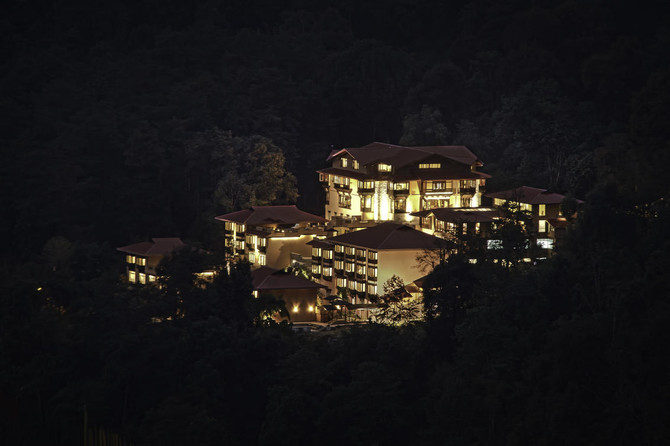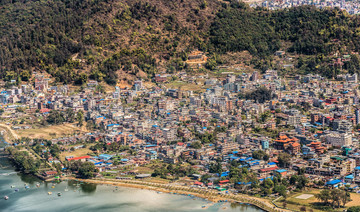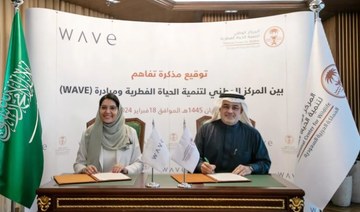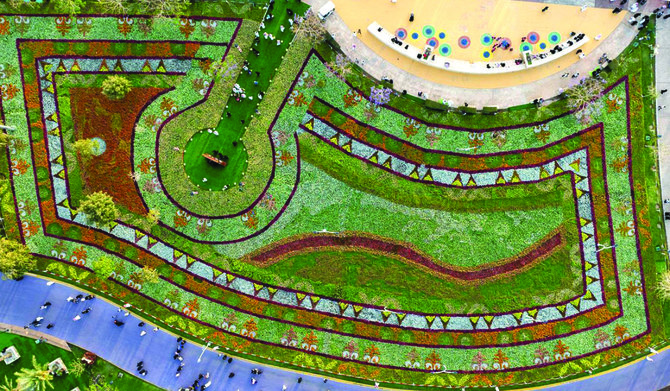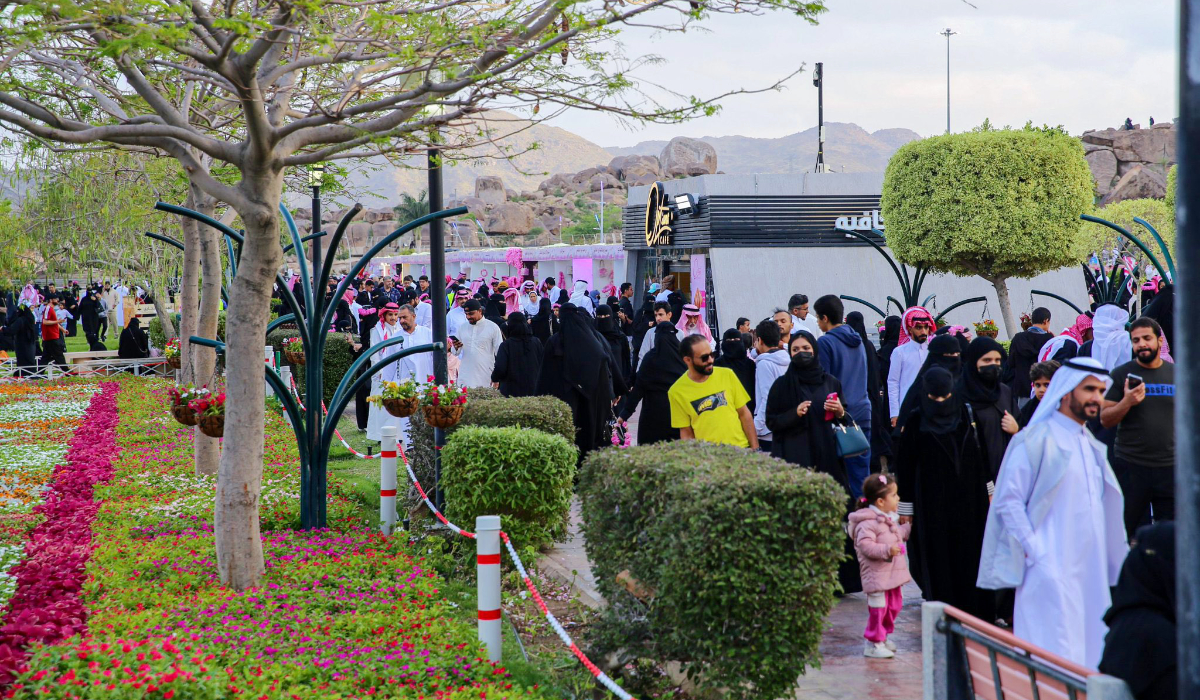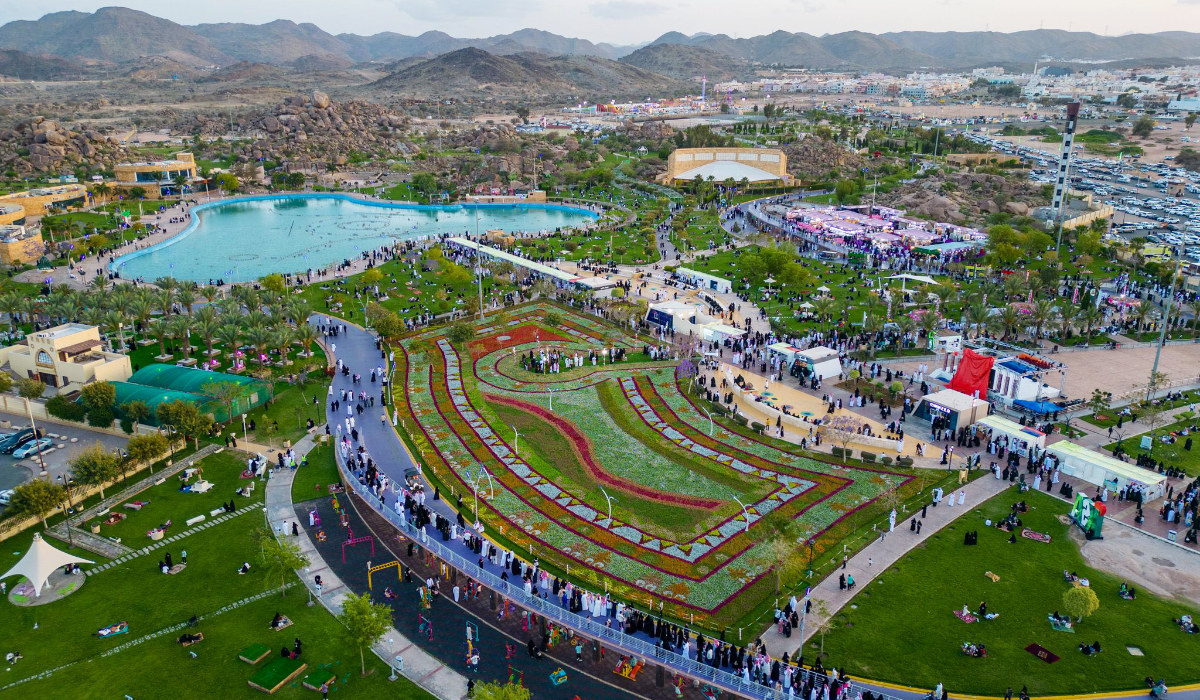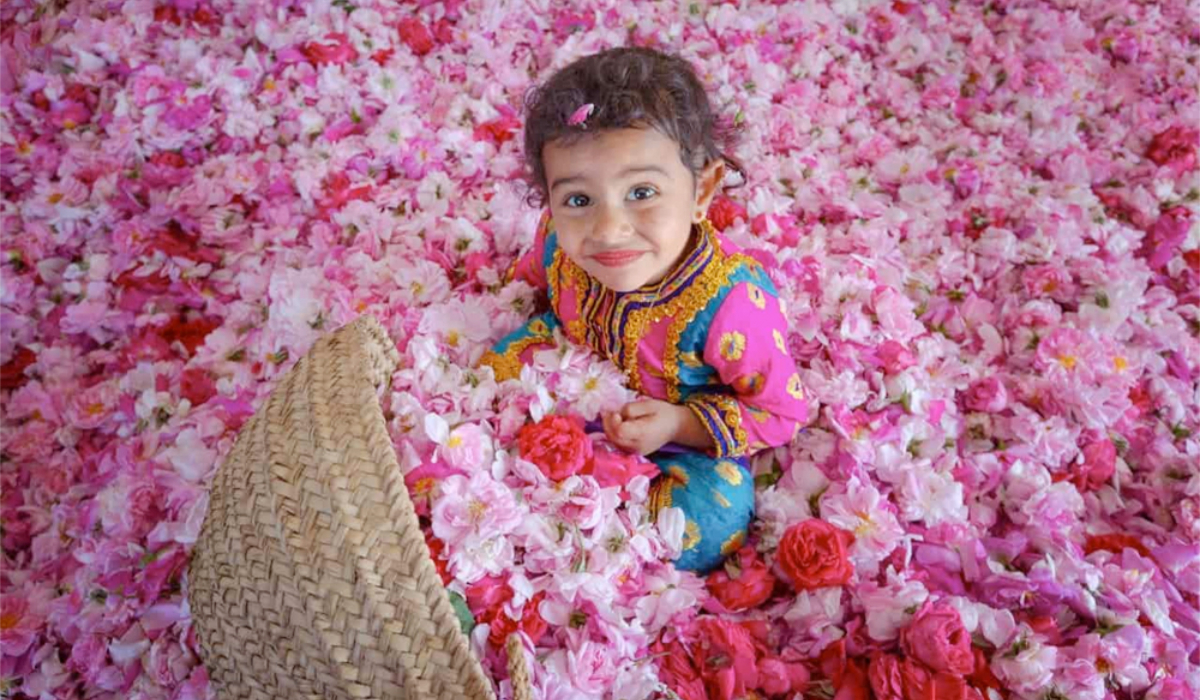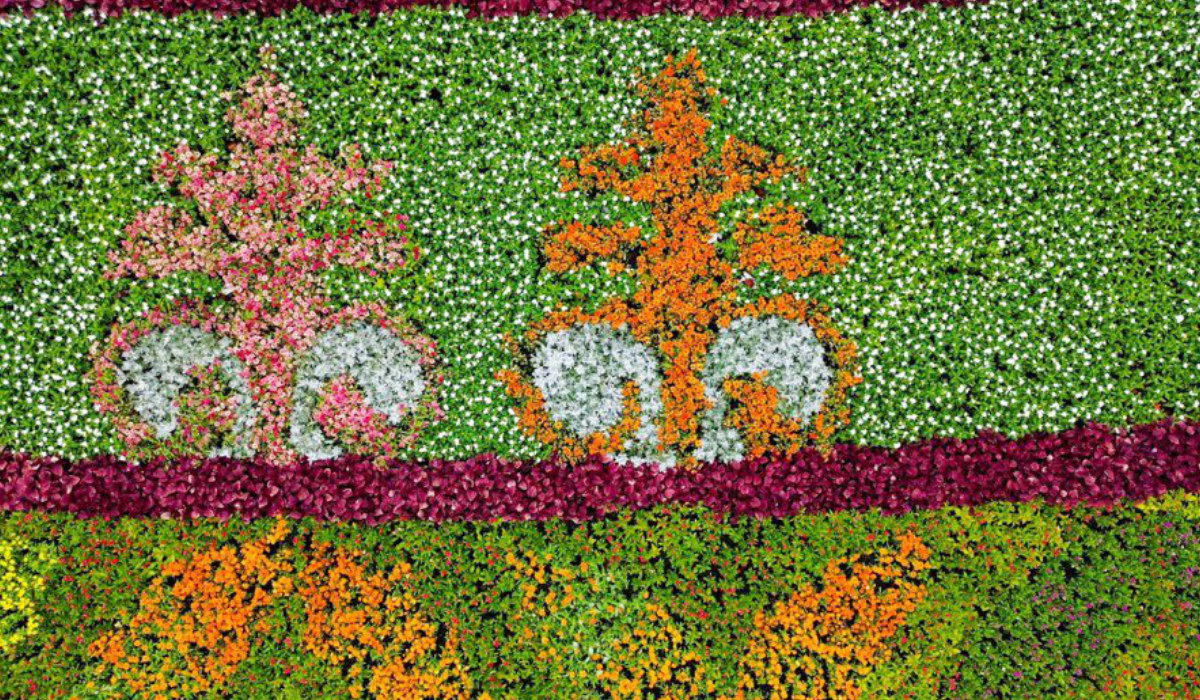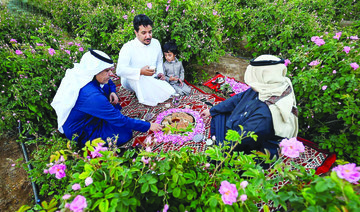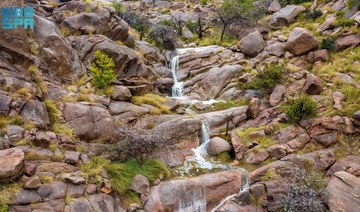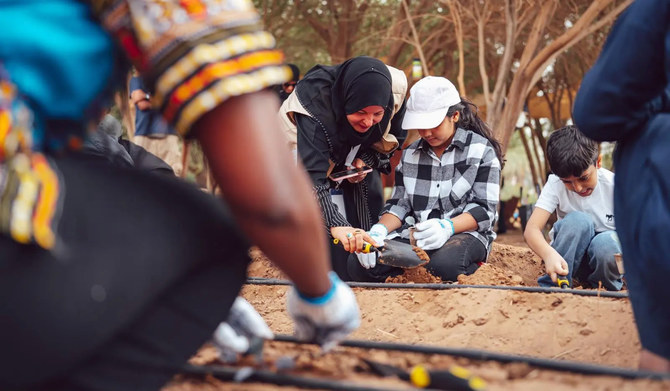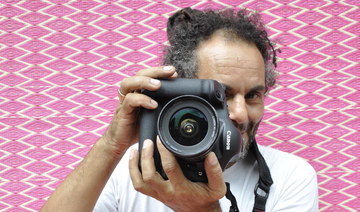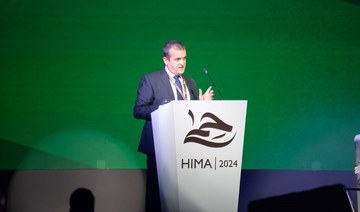DUBAI: At the ungodly hour of 6 a.m., I was awoken by a phone call from reception. “Madam, we have a really clear view of Kanchenjunga mountain this morning, so Mr. Chopel has asked us to wake you, so you can see it,” said a disembodied voice, apologetically but with a sense of urgency.
I smiled and flung open the curtains, and there it was. The majestic Himalayan mountain — the world’s third-highest — looked like it was right outside my bedroom window, within touching distance. Clustered with its neighboring snow-clad peaks, it sparkled a bright white, against the impossibly blue skies.
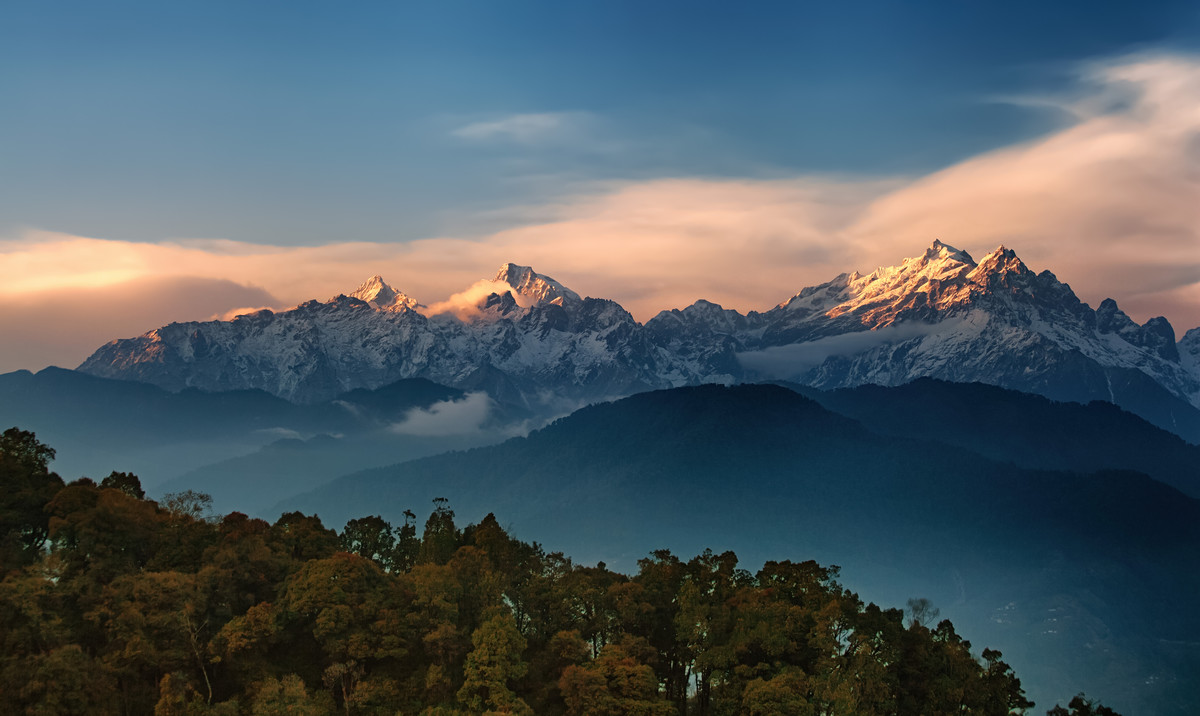
General view of Kanchenjunga mountain.(Shutterstock)
That’s the kind of thing that you don’t mind dragging yourself out of bed — and barefoot onto the cold stone terrace — for; to capture that perfect photo before the fleeting view disappears behind a veil of clouds.
And it’s the kind of personal touch that makes the Chumbi Mountain Retreat special. Owner Ugyen Chopel (a filmmaker and prominent local personality) has made it is his mission to showcase this little-known corner of paradise to the world.
The retreat is situated in India, near the Himalayas in the northeastern state of Sikkim — the country’s second smallest and one of its youngest, having remained a Buddhist monarchy until as recently as 1975. Sikkim has a rich and unique heritage, as well as the more recent distinction of being India’s first fully organic (in terms of agriculture) state.
Nestled in the hills of Pelling in western Sikkim, Chumbi Mountain Retreat is both a luxury resort and a repository of traditional culture and crafts. The traditional monastic design and motifs recreated using natural materials such as local stone and wood, in an artisanal approach, and the many hand-picked historic artifacts used in the décor make staying in this serene hideaway an immersive experience.
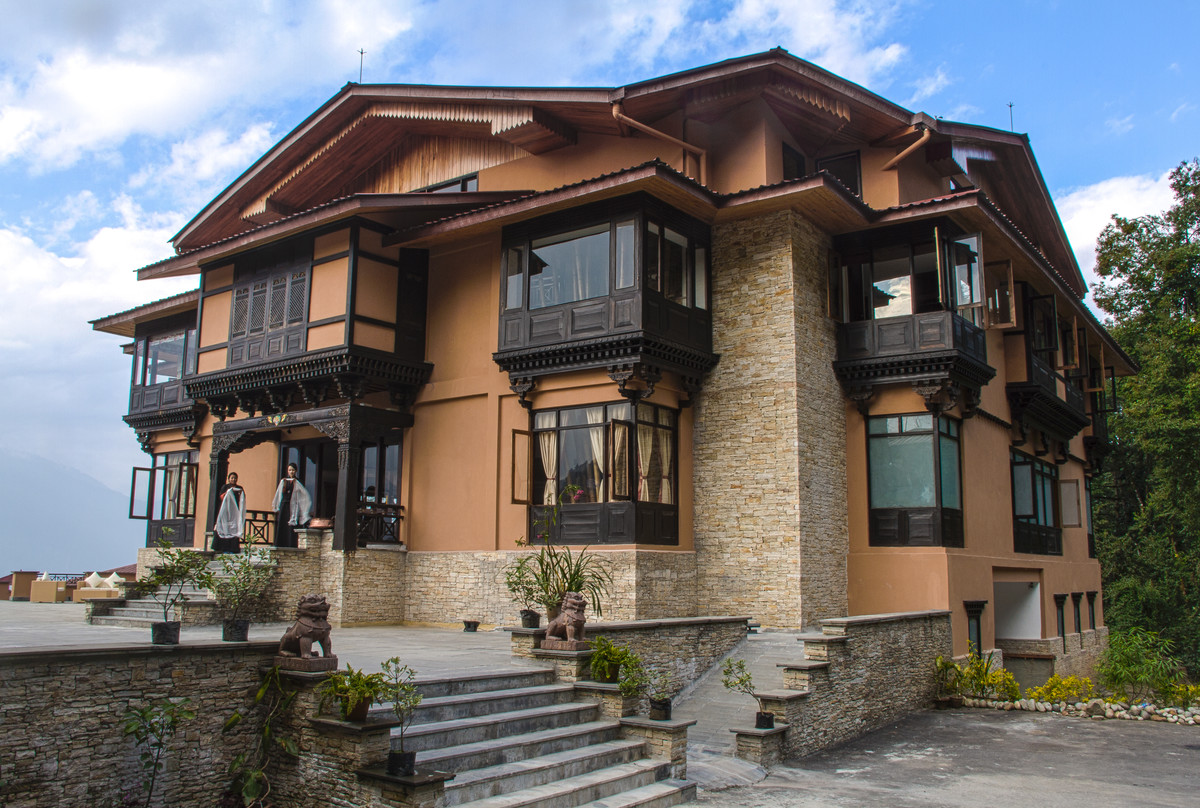
Nowhere is this truer than at Dyenkhang, an intimate specialty restaurant offering authentic local cuisine in the traditions of the royal palace. It’s the only place in Sikkim offering this kind of meal, I was told.
The food is served in a traditionally reverential manner — the servers are meant to never show their back to the diner — on gleaming copper tableware, the fit-for-a-king feast includes phing zekar (glass noodles with marinated local greens); chu zhema (cottage cheese dumplings); gundtruk sadako (fermented greens tossed with onion and chilli); and phyasha saltum (chicken cooked in traditional herbs).
The fresh, organic produce ensures each dish bursts with flavor. But dinner here is as educational as it is delicious, providing an insight into the many influences that went into shaping Sikkimese culture and cuisine.

Another great way to experience that local culture is with a traditional ‘Dottho’ hot-stone bath in the resort’s zen-like Mhenlha Spa. An Al-fresco soak in a wooden tub with heated mineral stones added to the water together with local herbs makes for a healing, hugely relaxing experience — aided by a fermented rice drink which you are meant to sip throughout.
With its vantage point boasting panoramic views across the valley, and with numerous nooks and communal spaces to relax in, guests may be tempted to simply stay in the resort for the duration of their trip. But that would be a shame, as there is a great deal more to see in this unspoiled region.
From the scenic Khecheopalri Lake (which, local folklore has it, has the power to grant wishes) and the impressive perennial Kanchenjunga waterfall, to the sacred Pemayangtse monastery — a mountaintop Buddhist temple where fluttering prayer flags and meditative chanting create a rarified atmosphere of tranquility — excursion options abound. For the more adventurous, trekking and hiking trails are also available nearby, as are farm tours.
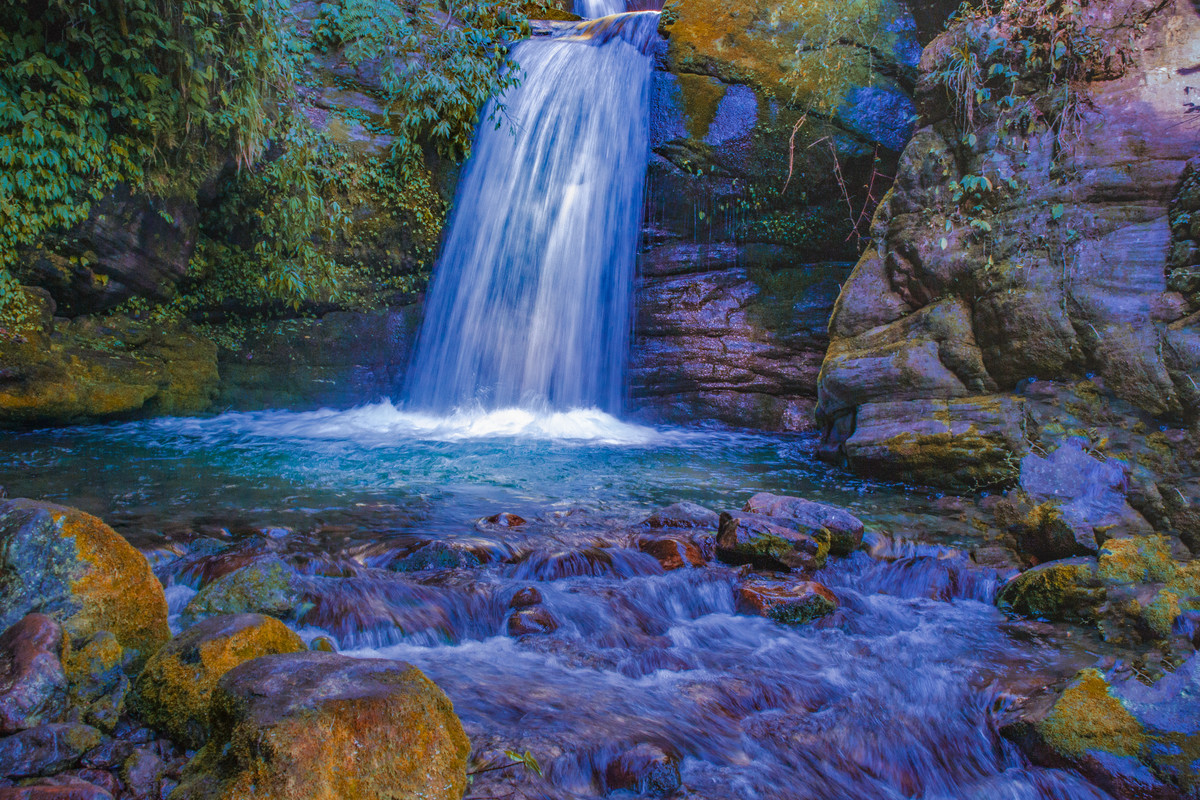
Kanchenjunga waterfall. (Shutterstock)
Truth be told, this isn’t the easiest place to get to or around — the roads aren’t great and Sikkim’s overall infrastructure is still developing. But those making the effort to visit this remote land will be rewarded with stunning alpine landscapes, great hospitality from unaffected, friendly people, and an inescapable sense of spiritual wellbeing. And, who knows, maybe even an elusive sighting of some of the world’s greatest mountain peaks.


